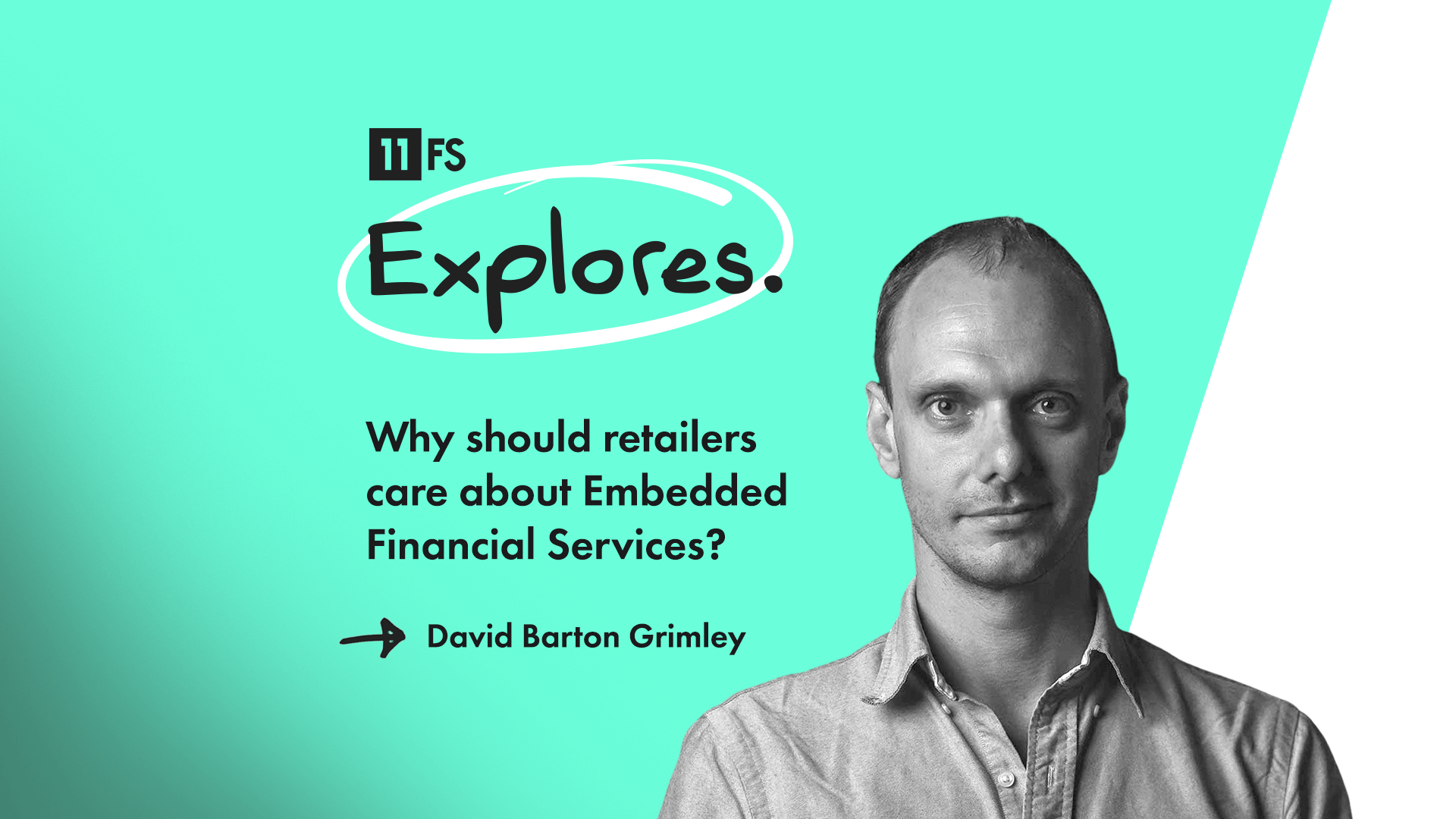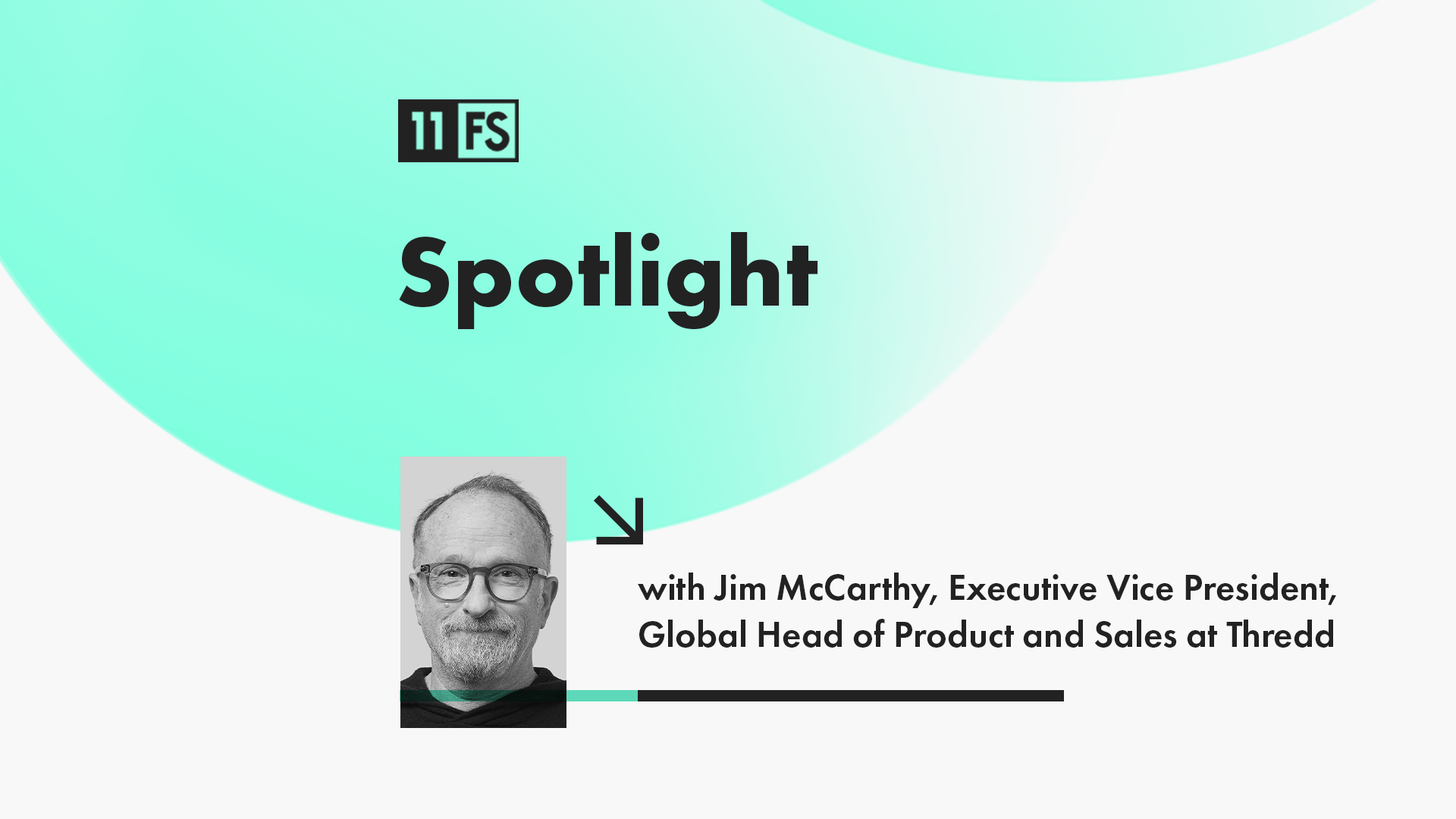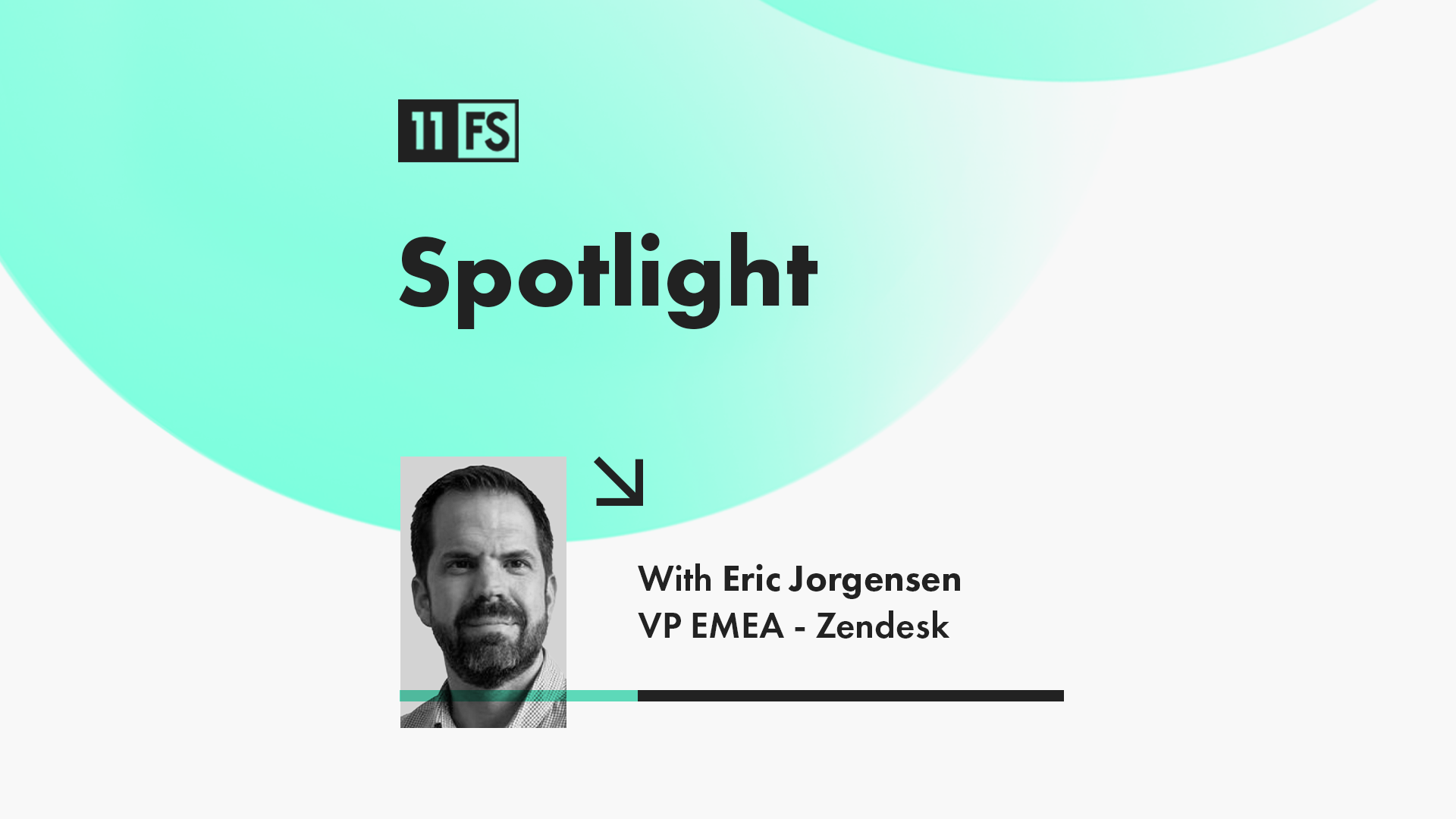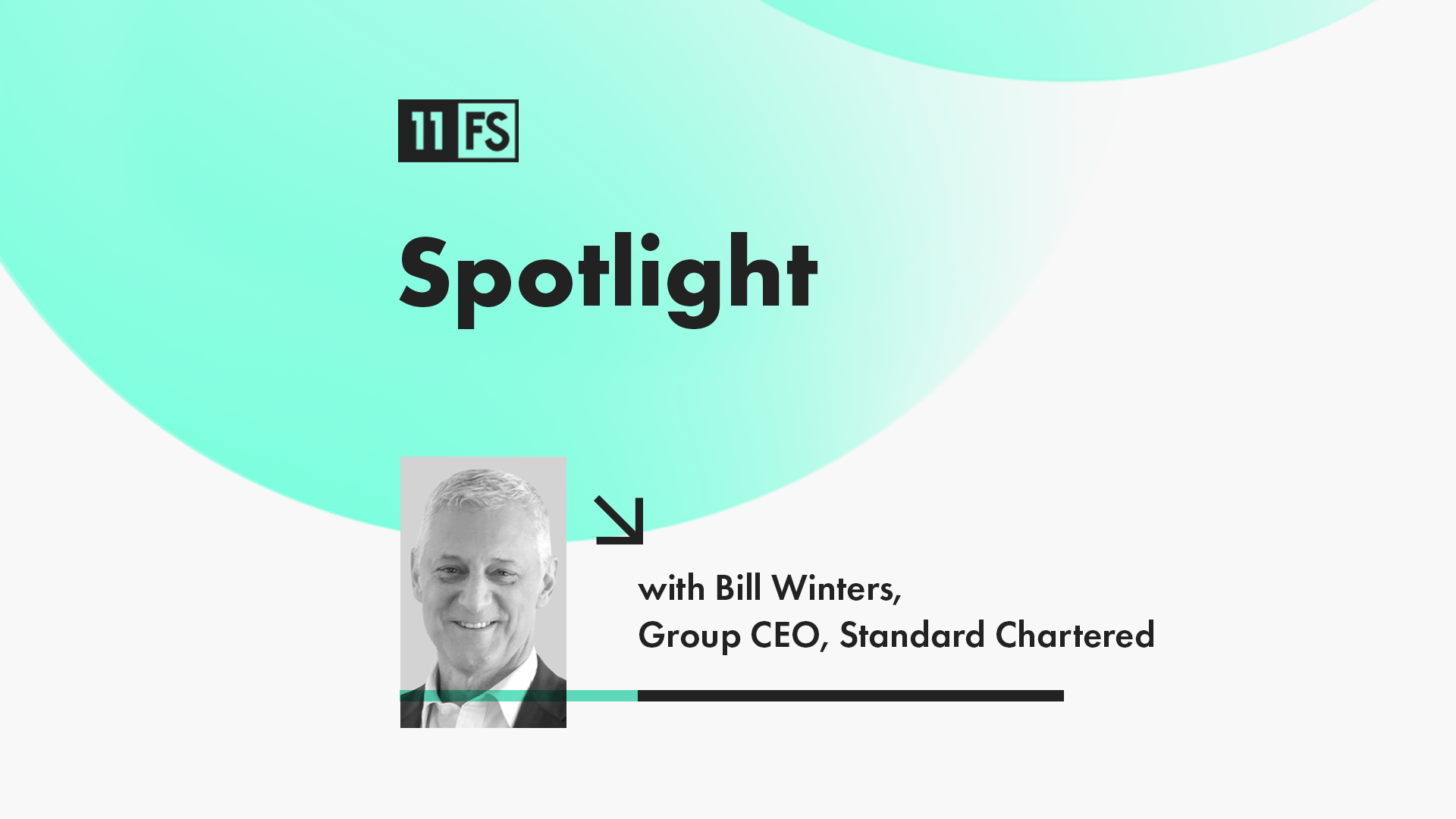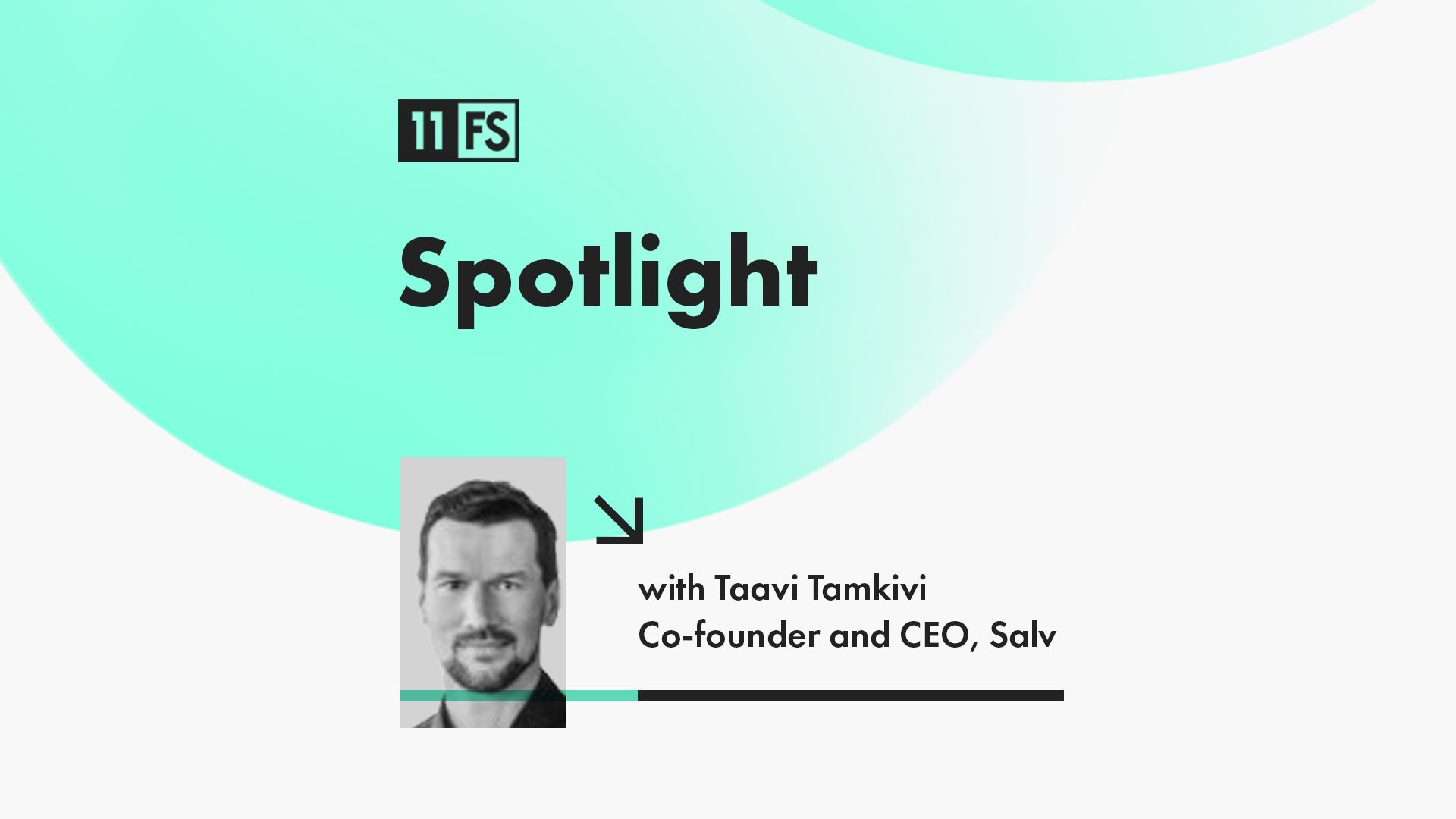
Learn about the latest FS trends and news, from industry experts.

11 US fintechs on our watchlist right now
There’s a reason counties often refer to their tech hubs as “the Silicon Valley of [insert country name here].” The Bay Area is the proud birthplace of some of the world’s biggest technological triumphs, home to global powerhouses like Apple and Visa. Every year the Valley also attracts a host of fintech start-ups - such as Credit Karma, Chime and Varo Bank, to name a few. But it’s not just California driving the future of financial services. We’ve done our research to see which companies across the 50 states are leading the fintech charge. (Did you miss our first blog? See who’s doing awesome things on the other side of the pond with our list of the hottest European fintechs.)

Jobs to be Done: Create a realistic but impactful marketing budget
I speak to a lot of customers about how money fits into their lives. I’ve never come across anyone who said “what I really need is a bank” or more specifically banking products like credit cards or savings accounts. Customers don’t want your products, they want to achieve their goals.People talk about helping their kids go to university or getting the best deal on their mobile phone. Of course, people require money and some kind of financial products to do these things. However, the cold reality for banks is that their commoditised products are not helping customers make progress towards these important jobs in their lives.At 11:FS we help build truly digital next generation digital propositions. Central to this is grounding intelligent digital propositions in customer Jobs To be Done (JTBD).

Why the Middle East could be the next fintech hotspot
Back at the end of 2019, we dived into the perfect fintech storm that was brewing in the Middle East. Diversification had already started in the region, but financial inclusion was reluctant to follow. So where are we now? It’s 2020, and things have been hotting up in the region with opportunities continuing to surface. But what does the region hold for fintech and why is the Middle East where the real gold lies?
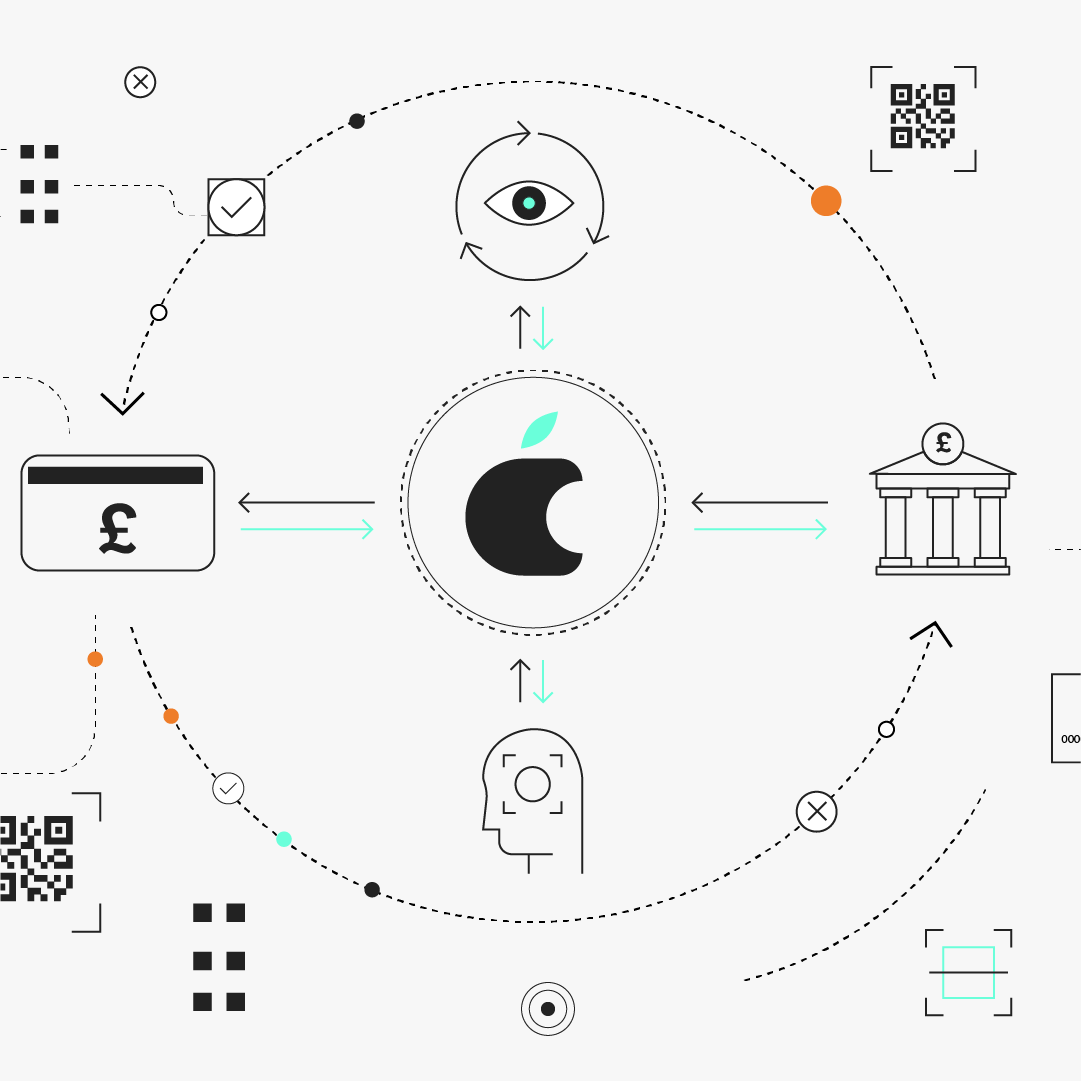
How Apple is leading the charge for brands embedding finance
Cyber attacks are hardly new, so why are banks putting renewed energy into combating them? 11:FS Market Research Analyst Joanne Kumire explains.

11 observations from remote working during lockdown
Pre-COVID, you could’ve called me a globe-trotter. And you wouldn’t have been wrong. As an author, commentator and public speaker, I’m rarely in one place for too long. So getting used to working from home for the past six months has been a revelation, to say the least. In light of World Mental Health Day 2020 (arguably the most important one yet) I thought I’d share some of the observations I’ve made since being thrust into 24/7 remote working. While some of them might be trivial, it’s fair to say I’ve experienced a rollercoaster of emotions. Mental health isn’t a static creature, and it’s bound to fluctuate thanks to the blows we’ve been dealt by the pandemic - I’m sure you can relate.

Jobs to be Done: Helping US SMBs build credibility and legitimacy in order to access funding
This is the final instalment of a 6 part series that explores the Jobs to be Done (JTBD) for US SMBs that we identified in our recent research. Each blog post dives into one of the jobs and how we examined it with a JTBD canvas. If you missed the first post that explains JTBD and the canvas, check it out before reading this.

Seedrs and Crowdcube merger: hot takes
It's a truism that the hardest job in engineering is that of 'Tech Lead'. You're the person who's not only writing code, but simultaneously leading a small group of other engineers and spending large amounts of time talking to stakeholders and the Product Manager (or, ten years ago, *Project* Manager). This is taken from our Unfiltered newsletter. Subscribe now for a no BS, uncensored analysis of fintech news and hot topics delivered to your inbox each fortnight.

11 European fintechs we’re excited about right now
London’s been at the centre of the fintech bubble for over a decade now, and the rest of Europe isn’t far behind. One of the few silver linings of the coronavirus pandemic could be that it might act as a catalyst for a tonne of investment into fintech, as more and more people recognise the need to go digital. Despite the trend for falling investments in 2020, the UK fintech sector is still looking flush thanks to investments of over $1.84 billion. To give you a heads up on the next big companies on the scene, we’ve rounded up the hottest startups on our watch list 🔥

Using the cloud to fly sky high above the competition
As we roll into 2018 thoughts inevitably turn to the big themes that we might expect (and hope) to see for user experience in the financial services industry this year.

Jobs to be Done: How to help US SMBs keep their personal assets separate from their business finances
Jobs To Be Done (JTBD) is a theory. Its main aim is to explain why customers start - and stop - using different products and services in the market. Stripped down to the essentials, it’s a fairly straightforward concept first introduced by Harvard professor Clayton Christensen that can be adapted into a useful tool for product development.
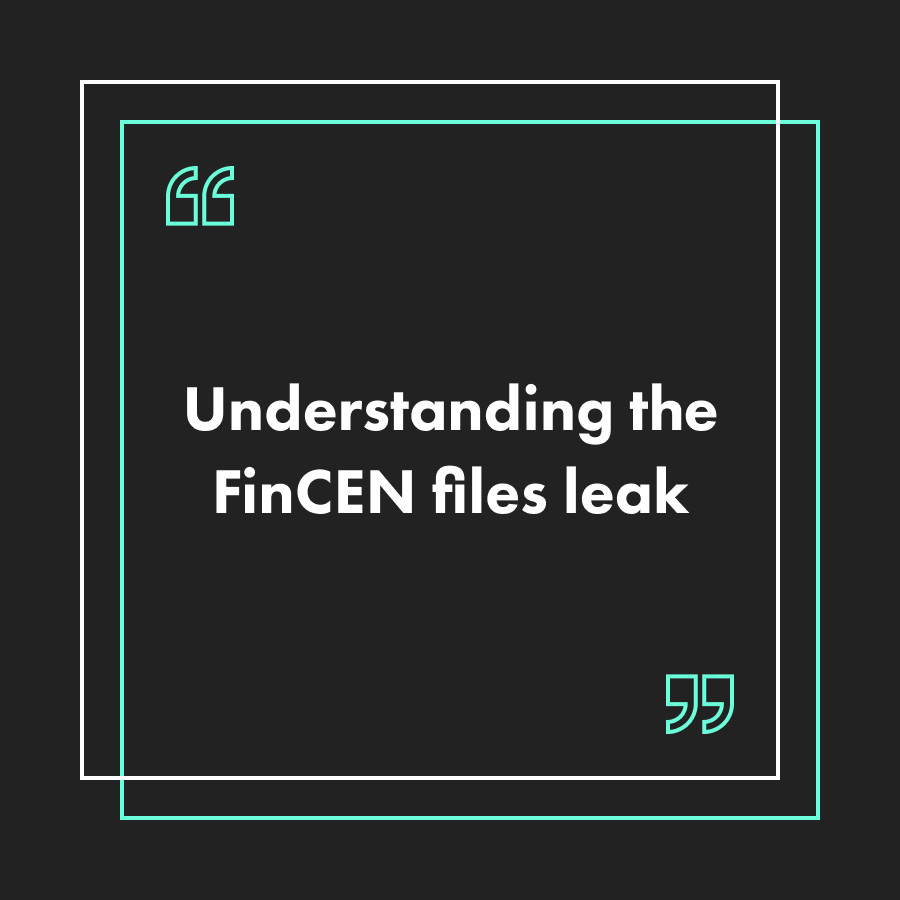
What the FinCEN files leak means for banks
There’s been a huge leak of files from FinCEN, the US-based Financial Crime Enforcement Network. Over 2000 Suspicious Activity Reports (SARs) and hundreds of other documents appear to show how banks have been unable to prevent trillions in money laundering, tax avoidance and criminality over the past decade. But there's a more in-depth story to uncover here.

Jobs to be Done: The gaps in US SMB financial services
David M. Brear interviewed Jonathan Larsen, CIO, Ping An and CEO of their Global Voyager Fund, a $1bn investment fund, specifically for fintech. He tells David all about the fund and the innovations in fintech coming from China and making a huge impact worldwide.

Zooming out: 11 learnings from a decade in fintech
Guest author Richard Davies shares his reflections as he transitions from his role as Revolut’s COO to Non Exec at Revolut, and CEO of Allica Bank. As fuel for the future he looks at his learnings from Revolut as well as his wider experiences and inspirations over the last decade in financial services and fintech.
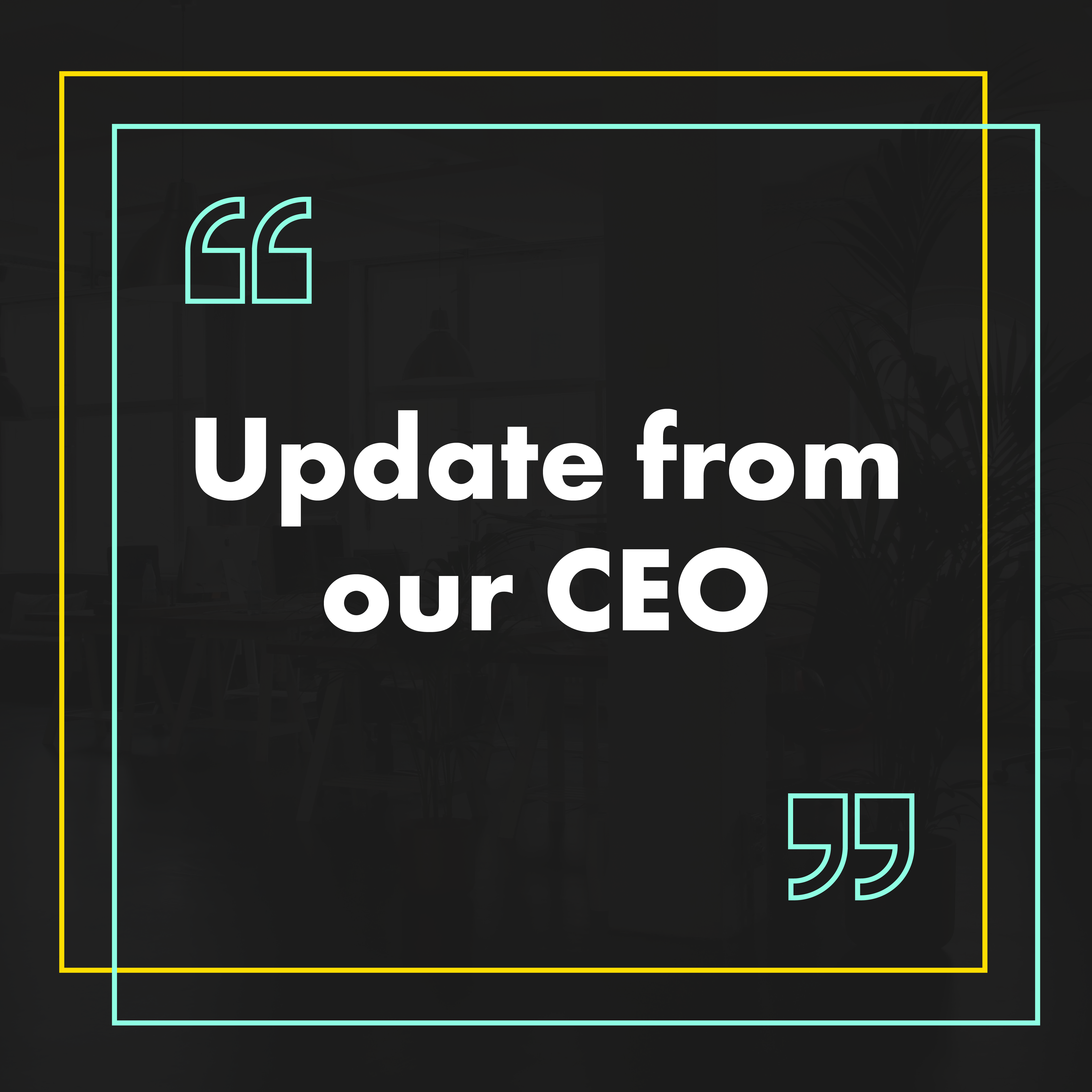
Town hall 27th July 2020: Business update from David
Good working culture is impossible without motivation. Therefore, it is essential to follow a model of organisation design that supports the conditions in which motivation can be maximised.

An introduction to engineering in 11:FS Consulting
At 11:FS, we build digital financial services, primarily banks. ‘Bank’ is a very broad term, of course, and our focus on client needs and ‘Jobs To Be Done’ approach (“People don’t want a mortgage, they want to buy a house”), means that we rarely set out to build a pure bank.

8
InsurTech Insider Episode 8: The Sharing Economy and changing insurance models
In this week's episode we focus on the Sharing and Gig Economies and changing insurance models as a result. We also chat to co-founders Mike Rudoy & Luke Cohler from New York based start-up, Jetty.

7
7: Are Autonomous Vehicles Driving the Future of Insurance?
Today our wonderful guest host Sarah Kocianski leads us into a great discussion all about autonomous vehicles and changing insurance models.

6
6: Aviva Takeover
In this episode, host David Brear and co-hosts Nigel Walsh and Sarah Kocianski visit Aviva's Digital Garage for InsurTech Insider's very first takeover show!
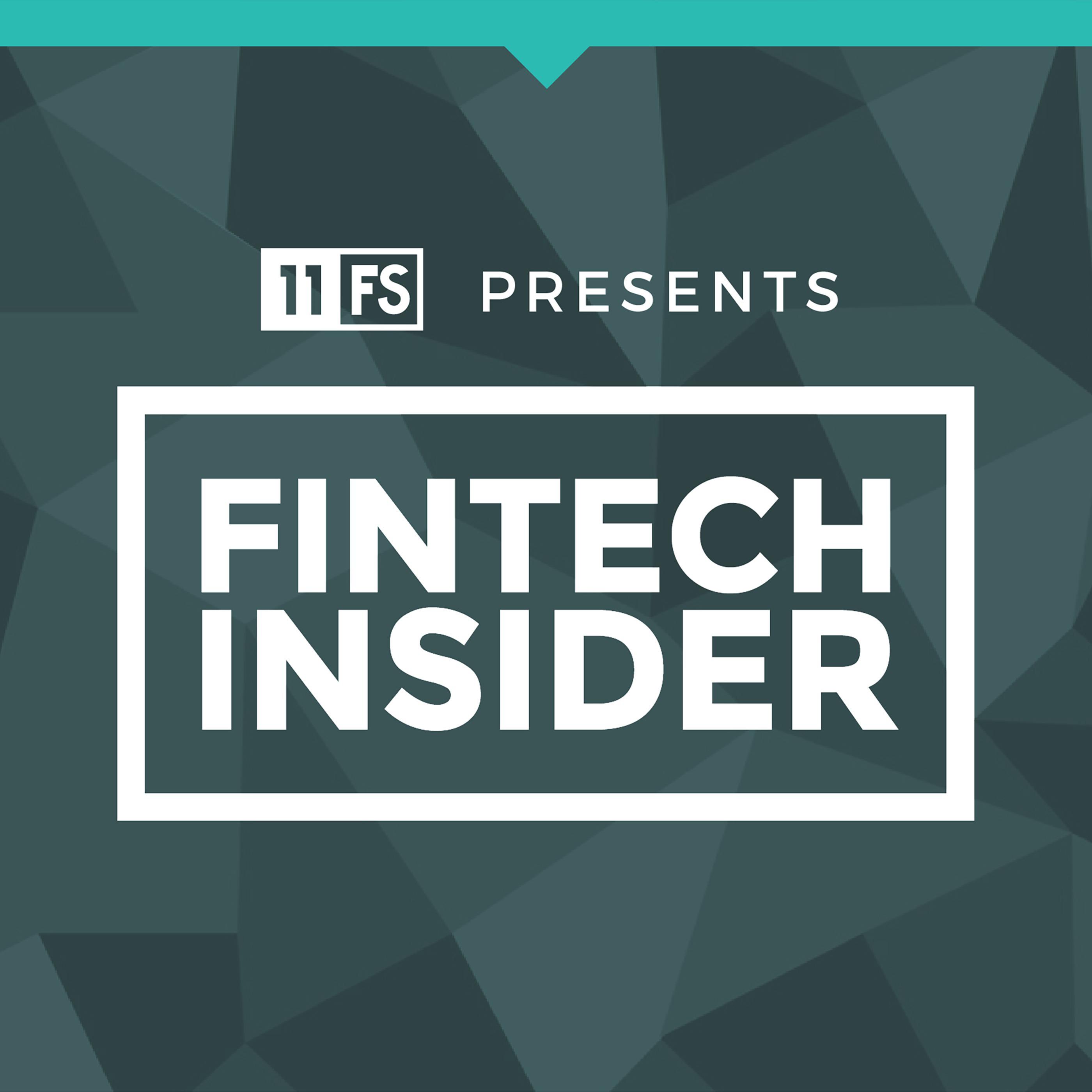
5
5: Insurance as a platform
This week David is joined by longtime friend of 11:FS, Sarah Kocianski, and James York, Founder of Worry+Peace, to discuss insurance as a platform, and we also speak to Sascha Wischek, CEO of Fjuul.

4
4: InsureTech Connect, Las Vegas
In this week’s jam-packed show Nigel visits InsureTech Connect in Las Vegas and talks to Darin Reffitt, Vice President of Marketing at Splice Software; Quentin Colmant, co-Founder of Qover; Tim Hardcastle, CEO of Instanda; Chris Cheatham, CEO of Risk Genius; and Caribou Honig himself, co-founder of InsureTech Connect.

4
4: InsureTech Connect, Las Vegas
In this week’s jam-packed show Nigel visits InsureTech Connect in Las Vegas and talks to Darin Reffitt, Vice President of Marketing at Splice Software; Quentin Colmant, co-Founder of Qover; Tim Hardcastle, CEO of Instanda; Chris Cheatham, CEO of Risk Genius; and Caribou Honig himself, co-founder of InsureTech Connect.

3
3. The data economy and new business models
David and Nigel run an informal roundtable all about how the data economy disrupting the insurance sector and creating new product/business models, with some very special guests -followed by the top news stories from the industry.

3
3. The data economy and new business models
David and Nigel run an informal roundtable all about how the data economy disrupting the insurance sector and creating new product/business models, with some very special guests -followed by the top news stories from the industry.

2
2 Serial disruption
David and Nigel are back for episode two! They discuss the latest news and trends in insurtech, and also speak to Phoebe Hugh, CEO of Brolly.

2
2 Serial disruption
David and Nigel are back for episode two! They discuss the latest news and trends in insurtech, and also speak to Phoebe Hugh, CEO of Brolly.

InsurTech Insider 1. – InsurTech 101
InsurTech Insider is a new show in the 11Media network, hosted by David Brear and co-host Nigel Walsh, of Deloitte, dedicated […]

1
1. – InsurTech 101
InsurTech Insider is a new show in the 11Media network, hosted by David Brear and co-host Nigel Walsh, of Deloitte, dedicated […]

Jeff Keltner from Upstart on what the future of lending will look like | Spotlight
What does the future hold for lending? Live from Lendit USA 2022.

What is UX and what makes UX good? 11:FS Explores
Will banks exist in 100 years?
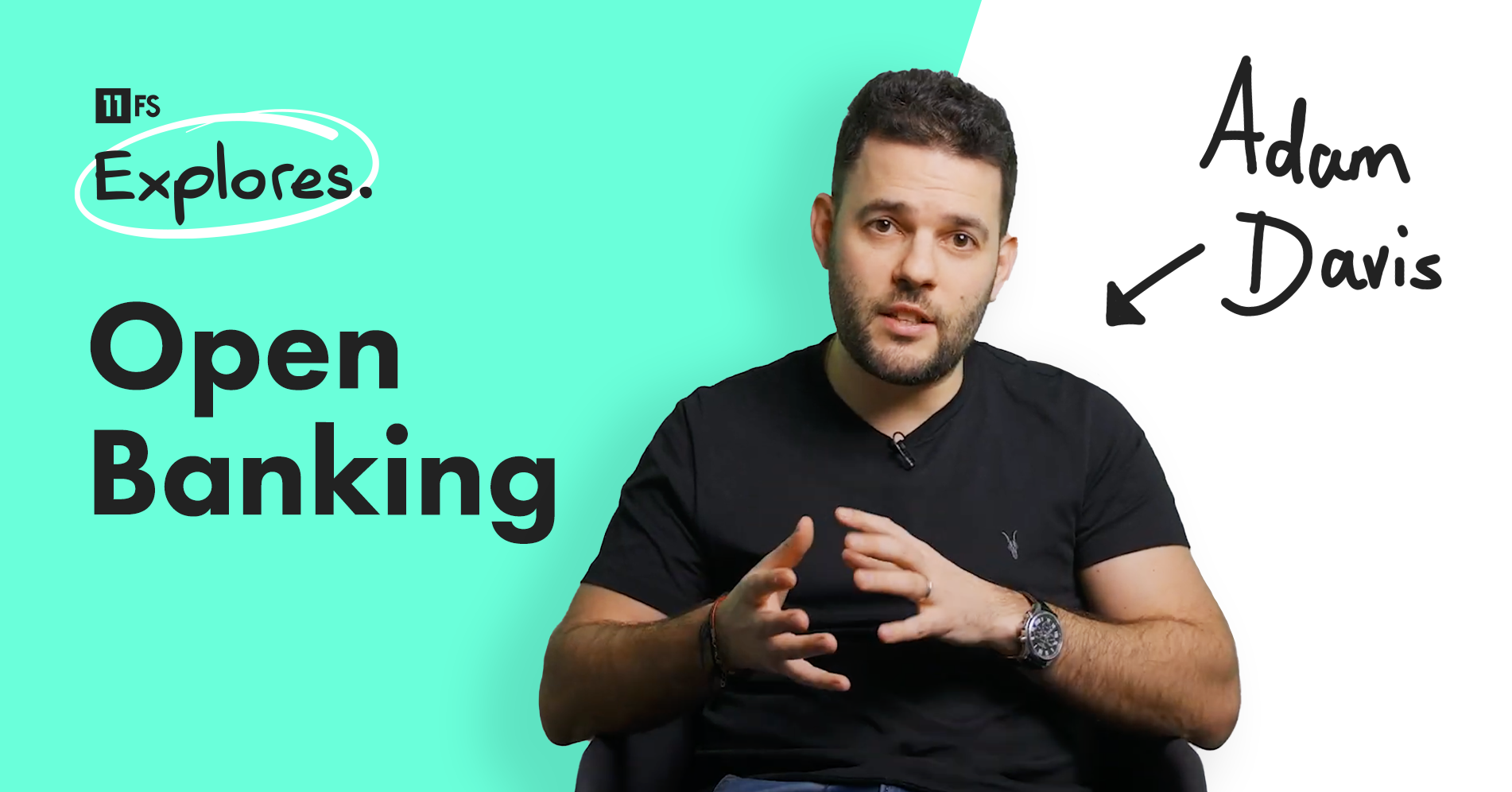
What is Open Banking? | 11:FS Explores
In this episode of 11:FS Explores, Adam Davis picks apart Open Finance, and what we have to look forward to if this technology became a reality.

What Griffin are going to do now they have their banking licence with CCO Adam Moulson | Spotlight
Inclusive design is a mindset and a process that suggests that you should bring as many people as possible - and the most diverse of voices that you can - into your product design product process, so that you're being truly inclusive. It's designing with people rather that just at them. Charlotte Fereday, Product Director, Ventures, explains what inclusive design is, why it's important, how you can design more inclusively, and answers - how possible is truly inclusive design?
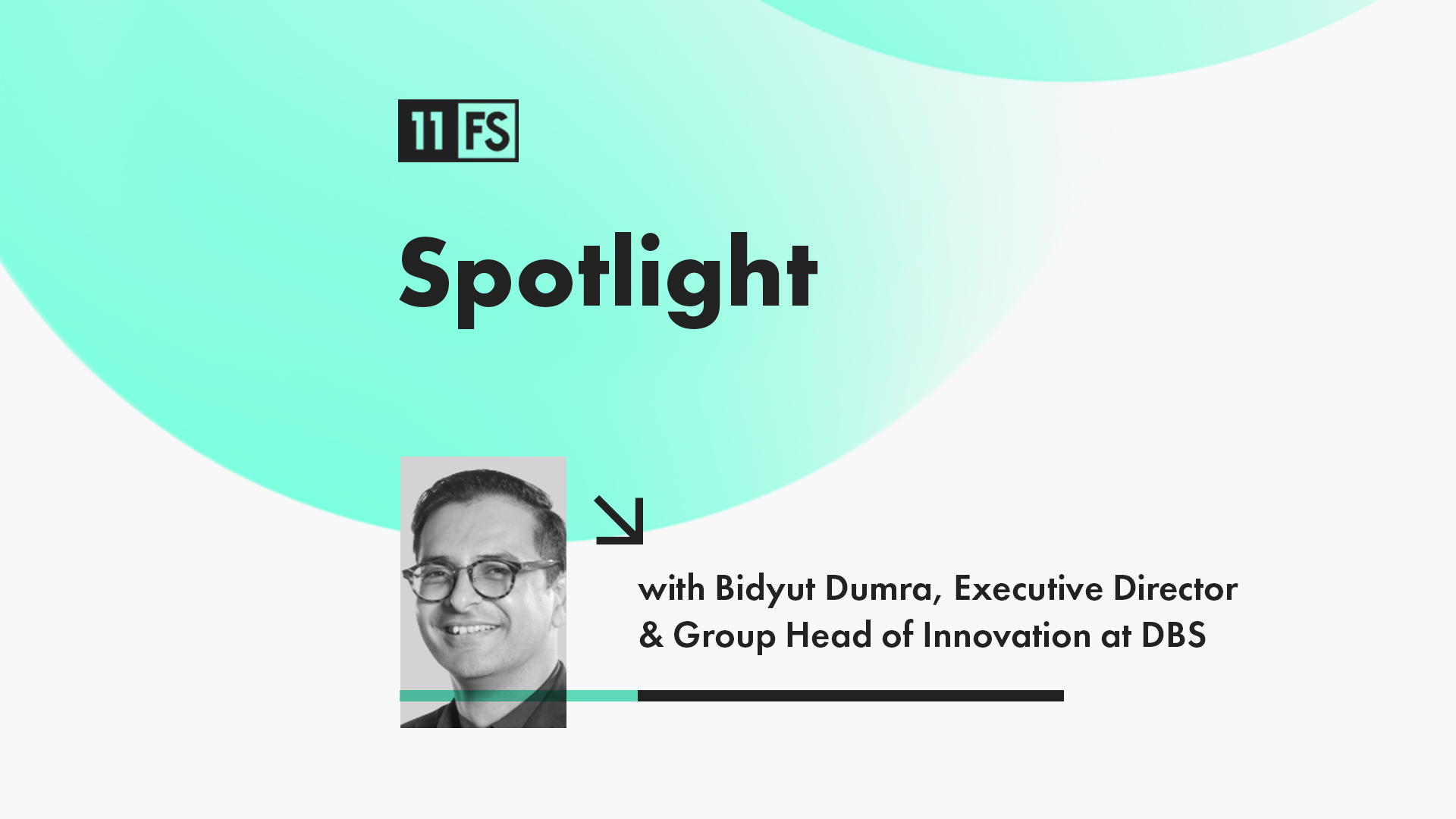
Unleashing creativity! A case study on sparking innovation with Bidyut Dumra from DBS | Spotlight
On this episode of Spotlight, 11:FS Crypto Global Strategy Director, Mauricio Magaldi is joined by Ramp Network Co-Founder and CEO, Szymon Sypniewicz. In today's chat, the pair discuss Szymon's career, the current regulatory landscape in crypto, and what the future might hold when it comes to widespread crypto adoption.

Kenneth Hart from Snowdrop Solutions on how data enrichment increases trust | Spotlight
In this 11:FS Explores: Lightboard Edition, Vaughan Shaman takes us through how asynchronous systems work, their advantages, and how they can remove potential bottlenecks.
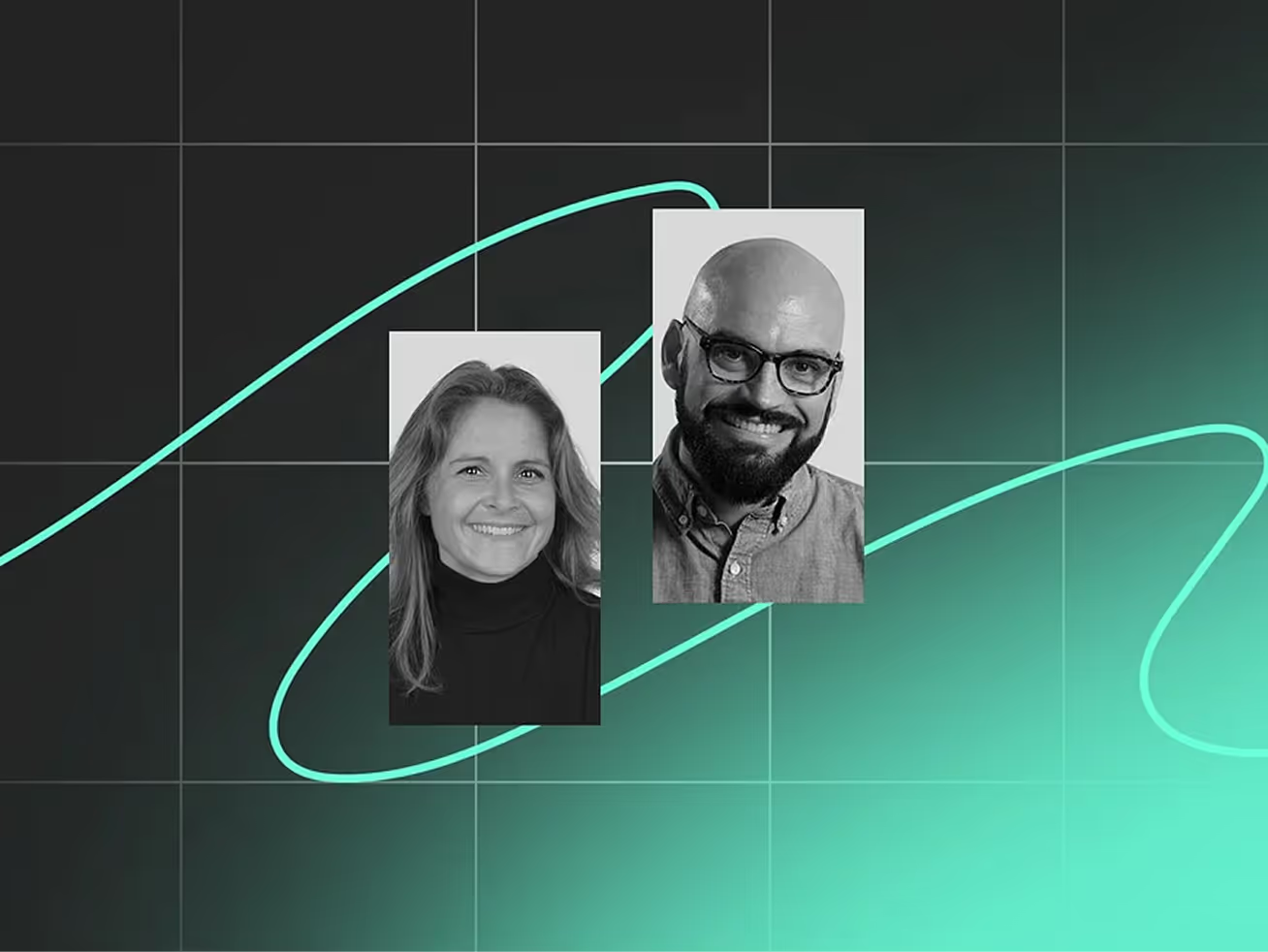
960
Insights: The future of Revolut with UKCEO Francesca Carlesi
The UK banking battlefield has never been more competitive. Customers expectfinancial apps that are personalised, seamless, and that genuinely make a differenc...

960
Insights: The future of Revolut with UKCEO Francesca Carlesi

960
Insights: The future of Revolut with UKCEO Francesca Carlesi
The UK banking battlefield has never been more competitive. Customers expectfinancial apps that are personalised, seamless, and that genuinely make a differenc...

960
Insights: The future of Revolut with UKCEO Francesca Carlesi

960

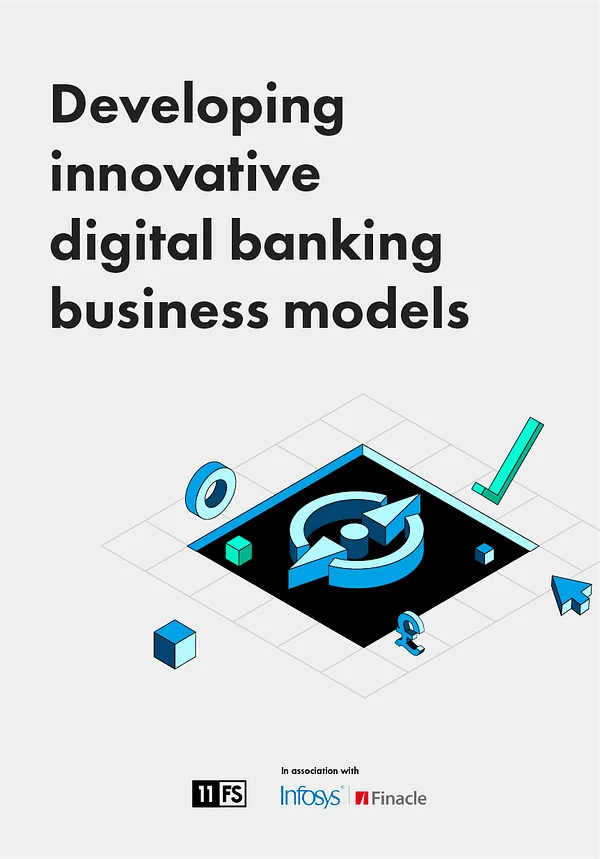


.svg)
.svg)

